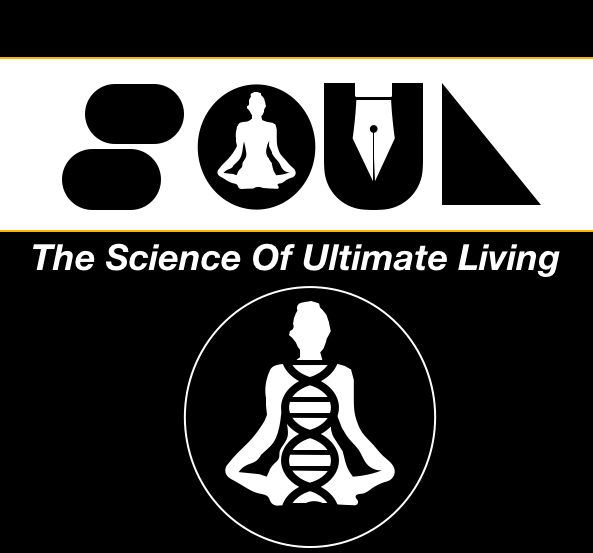
Would you kill something because you feel empathy towards it? I don’t mean killing it to reduce its suffering, but just for the sake of killing it.
In a fascinating experiment conducted by psychologist Andy Martens, participants were led to believe they were killing insects by dropping them into a coffee grinder through a tube. Unbeknownst to the participants, the tube was designed to protect the bugs, safely secluding them in a hidden compartment.
Two groups were involved: one received a verbal introduction, while the other group had a more hands-on experience, physically dropping an insect into the grinder.
Before the experiment, each participant rated their perceived similarity to the bugs.
Those who believed they had already killed an insect during the introduction were more likely to continue killing more bugs. Crucially, this effect occurred only for those who felt some empathy or similarity with the insects.
Sounds counterintuitive? There is a good reason form this weird behaviour. It’s called cognitive dissonance – a psychological phenomenon that occurs when an individual experiences discomfort or tension due to thoughts, beliefs, or attitudes that contradicts with his or her perspective.
Essentially, the more participants empathized with the bugs, the greater their discomfort at having killed one. The only way to reduce the conflict created from this cognitive dissonance was to reframe the narrative and believe that killing bugs was good. This led to a response of further insect extermination.
This phenomenon suggests that when we recognize morally troubling behavior, we may paradoxically engage in it more frequently. If you care about climate and have to do things that are not good for the climate, you may end up doing it more. If you love someone and unintentionally caused them pain, you may find more reason to cause pain and spoil the relationship. Such predictably irrational behaviour is more common than we think.
We are a paradoxical creature. We are animals having all the necessary wild animal instincts that helped us survive, yet our history is such that we evolved imagination, compassion, empathy and morality to form in-groups which was required to survive as well. Our survival depended on cooperation as well as wars, on betrayal as well as trust, on hunting animals as well as petting them, on love as well as hate. Contradiction is being human.


